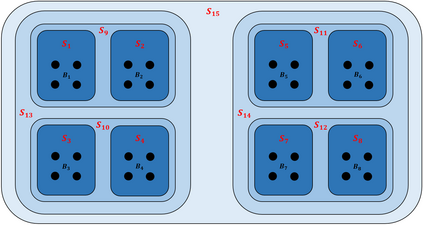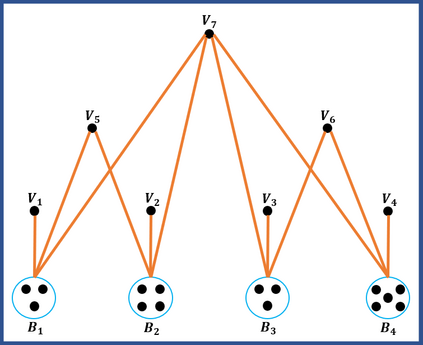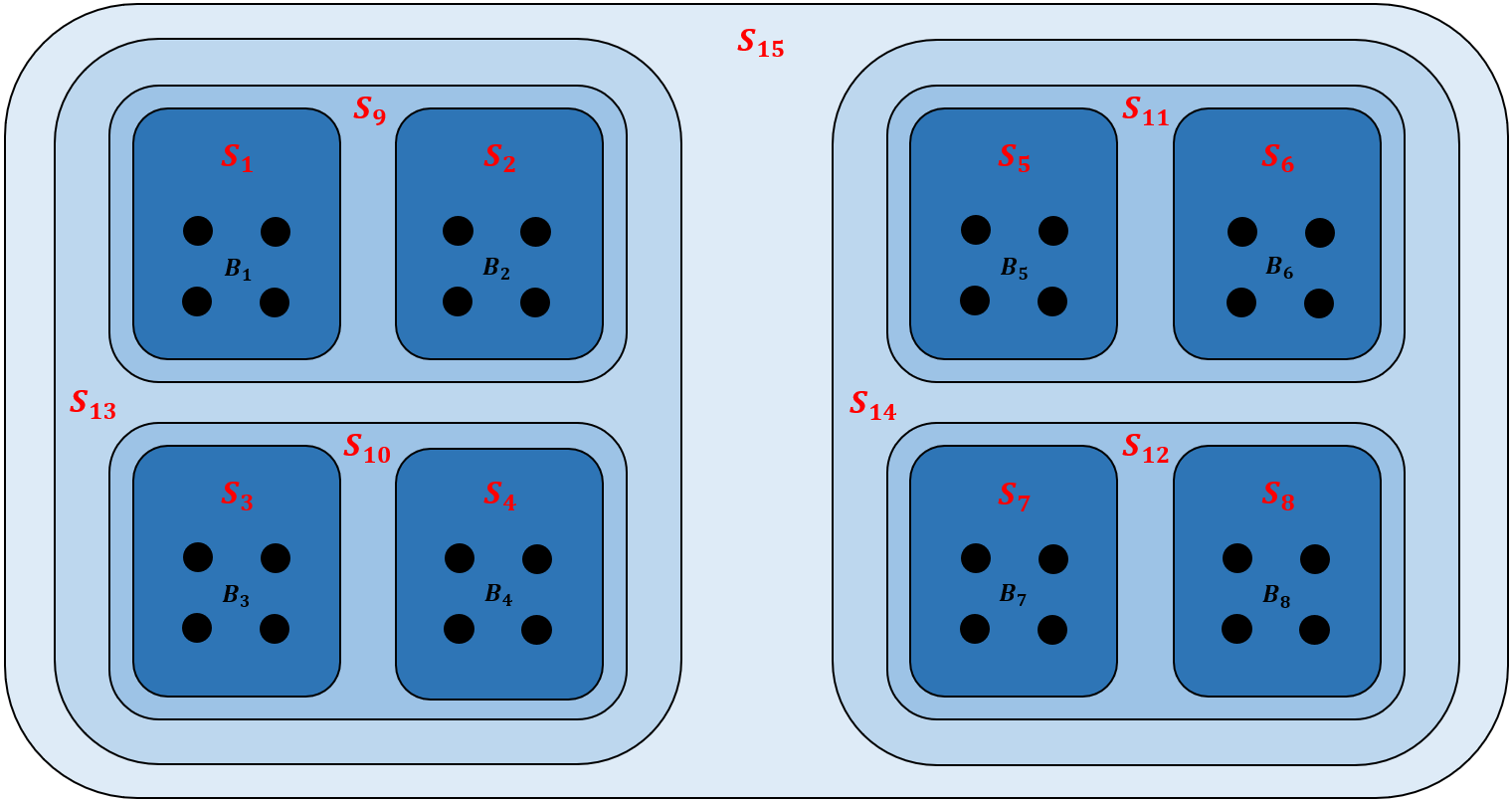The minimum set cover (MSC) problem admits two classic algorithms: a greedy $\ln n$-approximation and a primal-dual $f$-approximation, where $n$ is the universe size and $f$ is the maximum frequency of an element. Both algorithms are simple and efficient, and remarkably -- one cannot improve these approximations under hardness results by more than a factor of $(1+\epsilon)$, for any constant $\epsilon > 0$. In their pioneering work, Gupta et al. [STOC'17] showed that the greedy algorithm can be dynamized to achieve $O(\log n)$-approximation with update time $O(f \log n)$. Building on this result, Hjuler et al. [STACS'18] dynamized the greedy minimum dominating set (MDS) algorithm, achieving a similar approximation with update time $O(\Delta \log n)$ (the analog of $O(f \log n)$), albeit for unweighted instances. The approximations of both algorithms, which are the state-of-the-art, exceed the static $\ln n$-approximation by a rather large constant factor. In sharp contrast, the current best dynamic primal-dual MSC algorithms achieve fast update times together with an approximation that exceeds the static $f$-approximation by a factor of (at most) $1+\epsilon$, for any $\epsilon > 0$. This paper aims to bridge the gap between the best approximation factor of the dynamic greedy MSC and MDS algorithms and the static $\ln n$ bound. We present dynamic algorithms for weighted greedy MSC and MDS with approximation $(1+\epsilon)\ln n$ for any $\epsilon > 0$, while achieving the same update time (ignoring dependencies on $\epsilon$) of the best previous algorithms (with approximation significantly larger than $\ln n$). Moreover, [...]
翻译:暂无翻译





